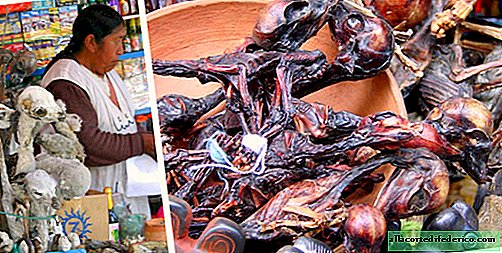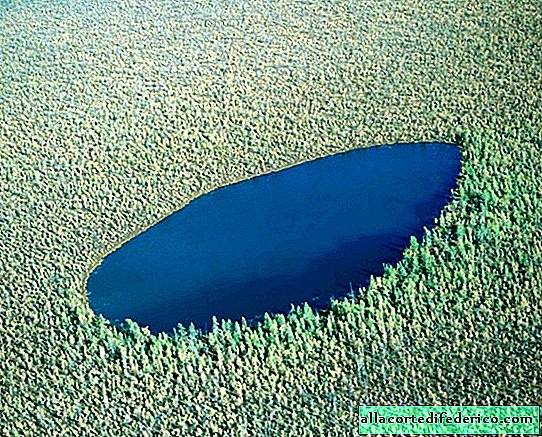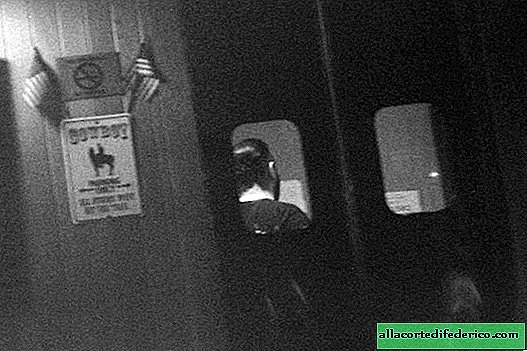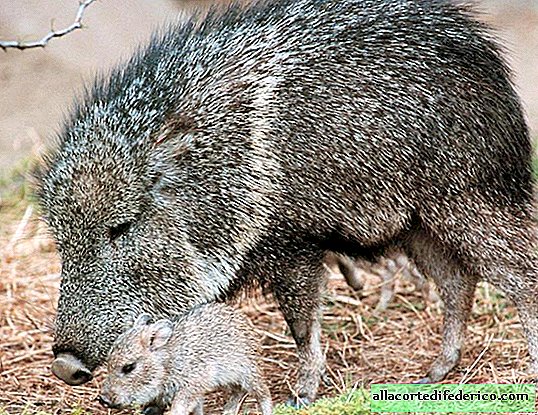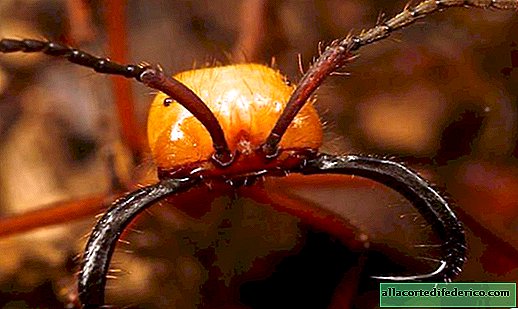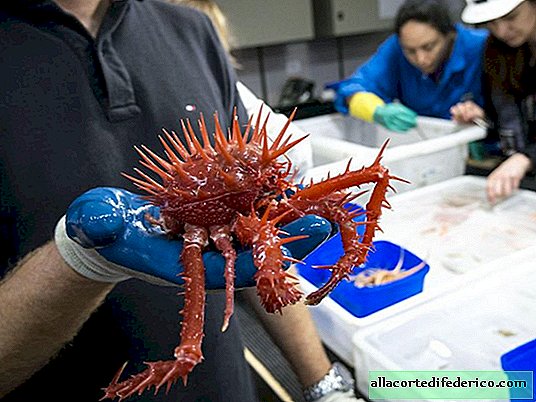Walk faster and eat less: scientists have figured out what helps prolong life
Scientists do not give up hopes of finding a universal way to extend human life. Numerous research and latest developments in the field of medicine are devoted to this. But recent studies convincingly prove that no supernatural efforts are required to extend life and maintain health.

As studies conducted by an international team of scientists show, walking at a fast pace is extremely beneficial for health and contributes to a longer life. The studies involved 50 thousand people who were asked to analyze at what pace they walk. As a result of surveys, it was found that among those people who walk fast and at a brisk pace, there is a much lower risk of developing cardiovascular diseases, and life expectancy is higher compared to other groups.

The benefits of walking at a fast pace are also indicated in the recommendations of the UK Department of Health. A fast pace means a step at a speed of at least 5 km / h, and according to officials, 10 minutes of such walks per day is enough to achieve a beneficial effect on health. A number of experts also point out the fact that brisk walking is more useful than jogging and contributes to better health.

In turn, American scientists completed a series of experiments involving rhesus monkeys, the results of which, according to experts, are applicable to humans, as a closely related species. During the experiments, it was possible to find out how a low-calorie diet affects the life expectancy of primates. It turned out that if you reduce the total calorie intake at an early age by 30-40%, then this will not affect the life expectancy. But in the group of rhesus monkeys, where the animals ’diet was changed when they reached middle or older age, a significant increase in life expectancy was achieved. In addition, the health status of experimental animals has improved. Based on the results, scientists concluded that lowering the calorie intake of food in middle and older ages can prolong a person’s life.



